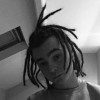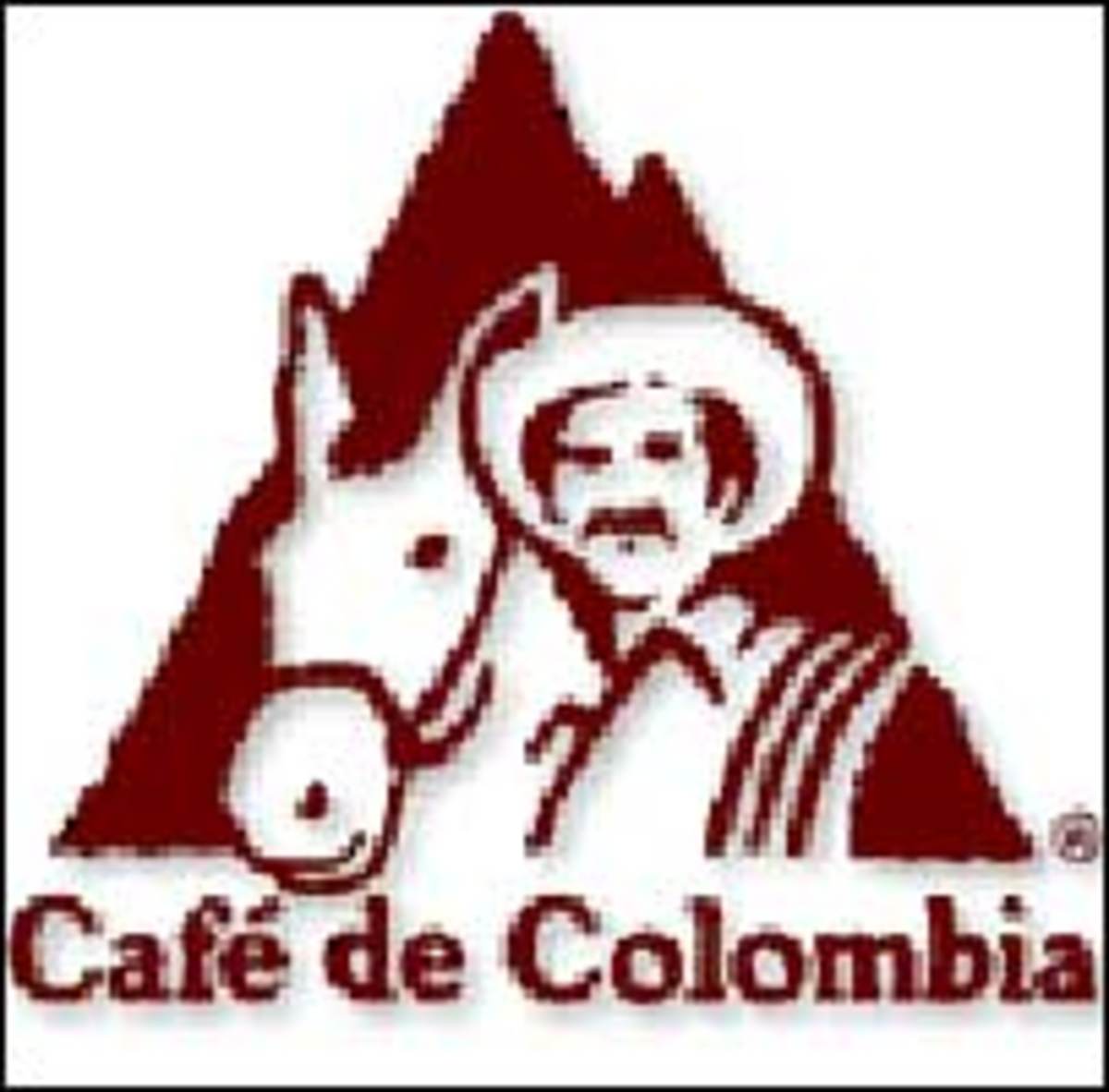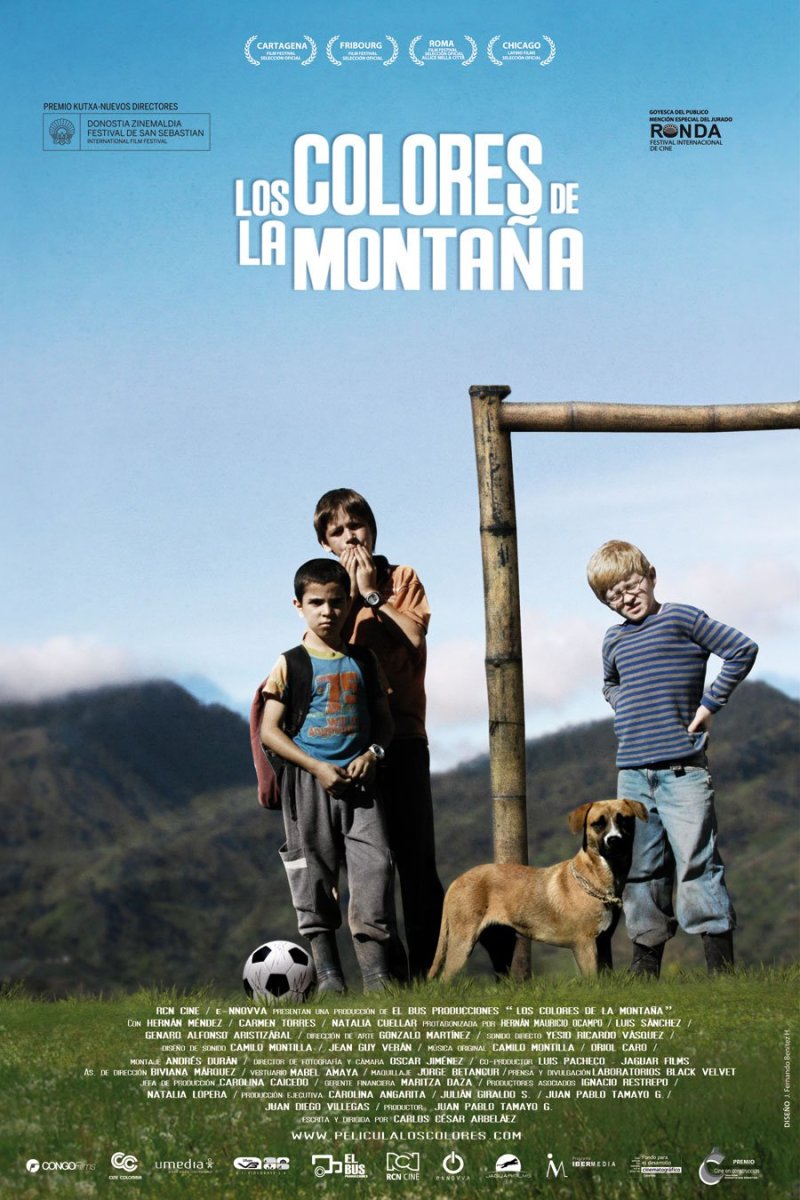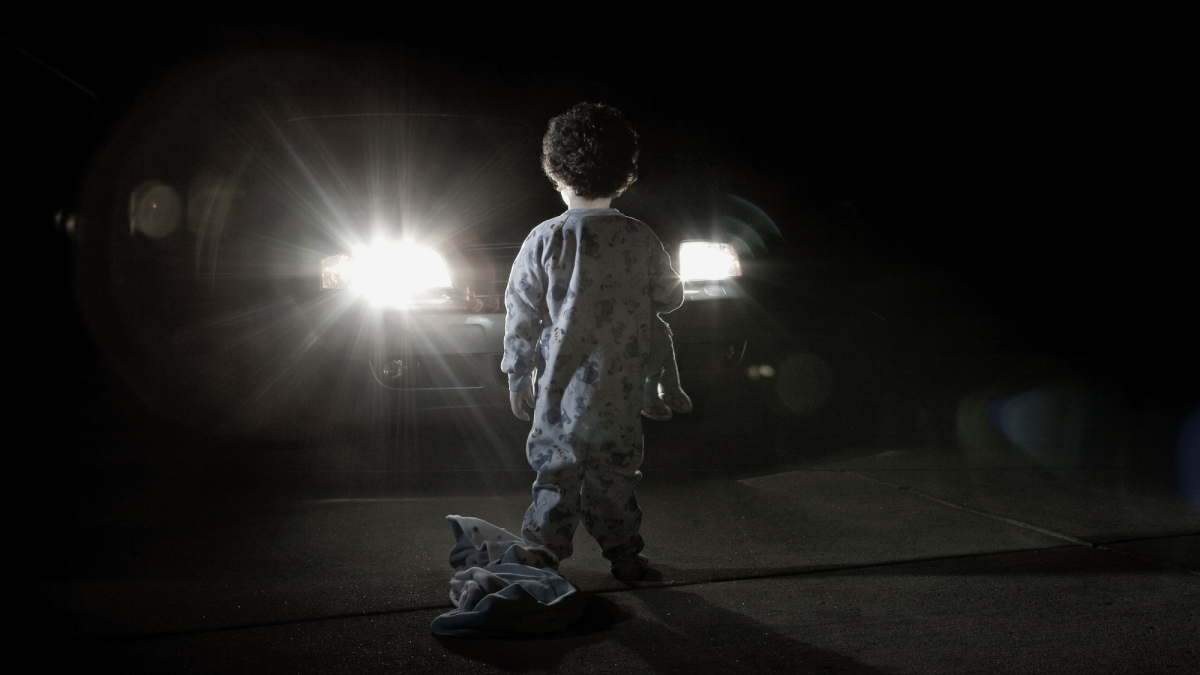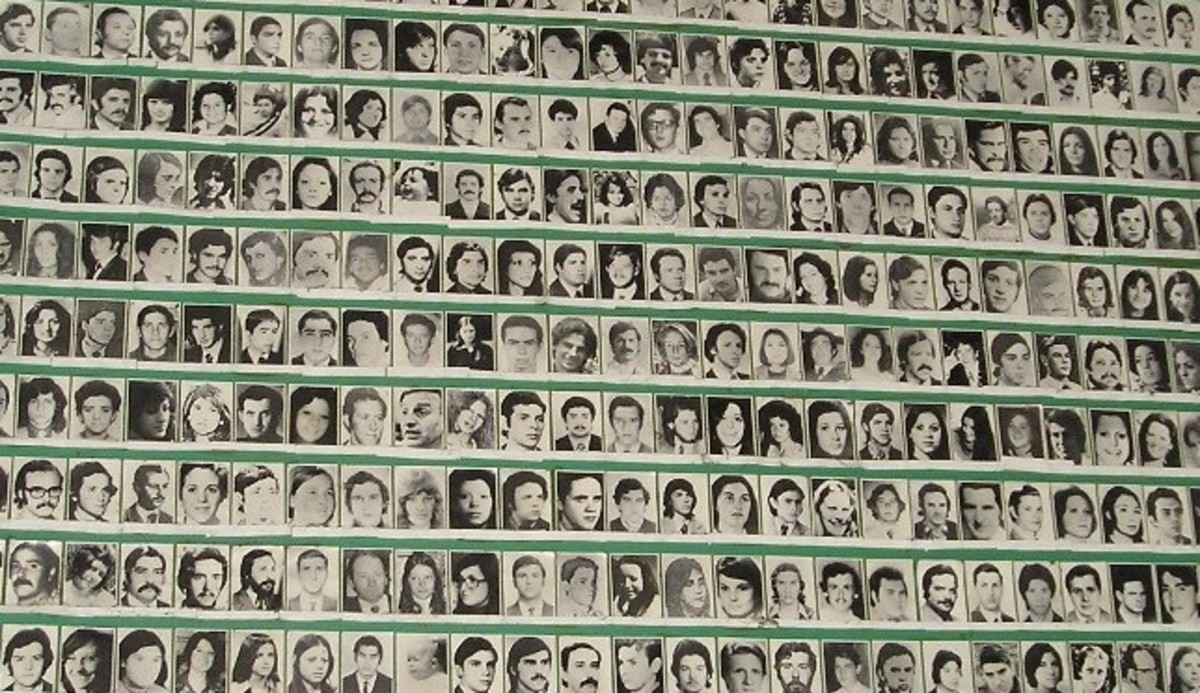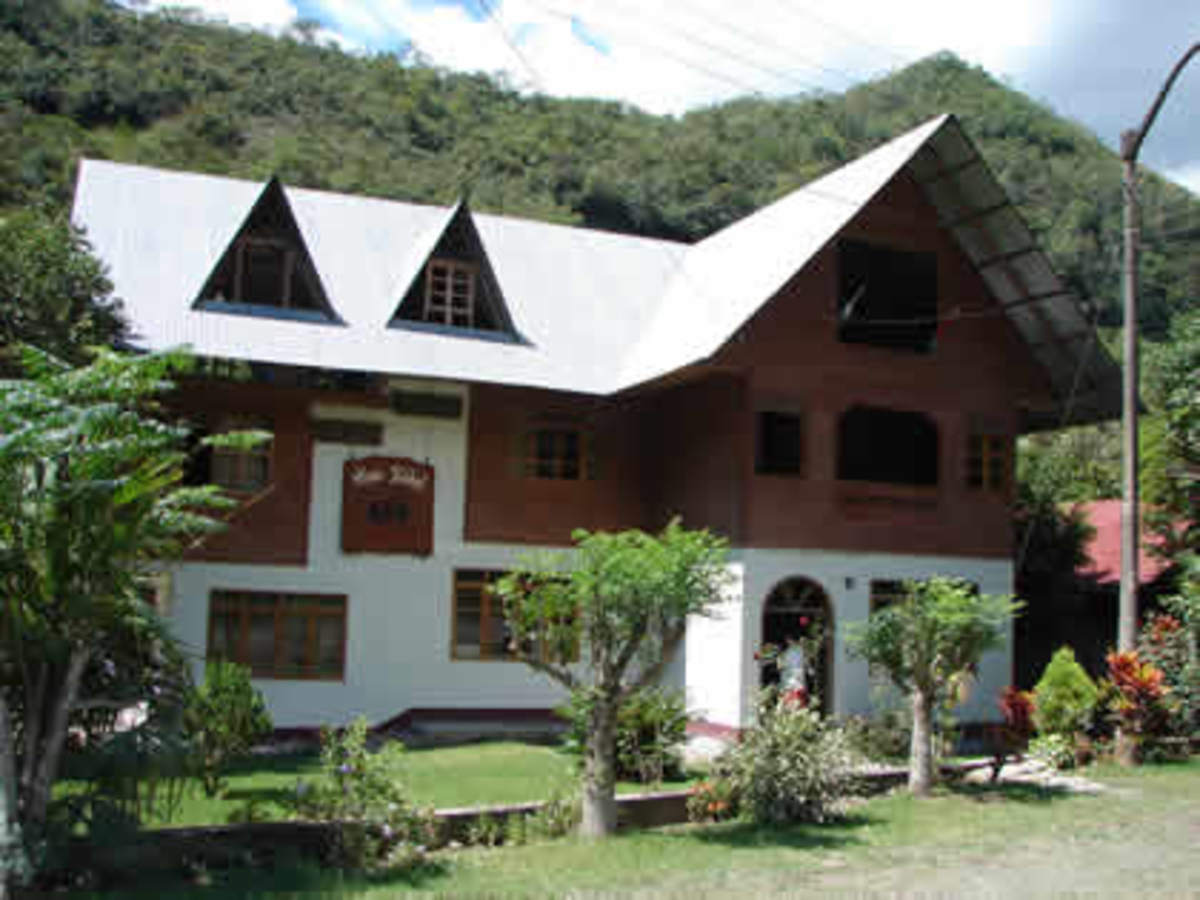How Pablo Escobar Changed Colombian Football and the Death of Andrés Escobar
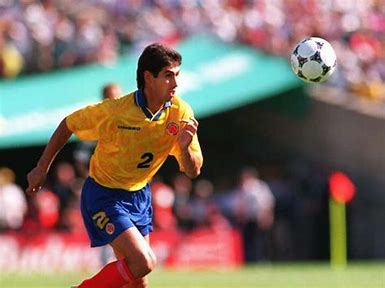
Money Laundering, Bribery And Murder - The Dark Side Of Football
Pablo Escobar is one of those names you've always recognised but could never put a finger on, attach a time period to or identify their claim to fame - until you read this article.
Pablo Escobar's 17 year reign from 1975 to 1992 saw him ranked as the seventh richest man in the world according to Forbes Magazine with a total net worth of $50billion dollars. It also saw him provide 80% of the cocaine consumed by US nationals and he was seen as god-like in his home city of Medellin and across most of Colombia. But most importantly, it was him and other like minded Narco-Traffickers who for better or for worse, brought Colombian football into the public eye.
Pablo Escobar was a huge football fan, especially of his beloved Deportivo Independiente Medellin which he actually bought shares in. However cartels in general involved themselves in football clubs to money launder and stay on top of the American secret service and the Colombian government. With the cartels making millions of dollars every month through drug trafficking, the higher ups needed to find a way of legitimizing the money they made. Within a number of years, Colombian football teams would all have some kind of dirty money involved within the club, after all even the economy of Colombia itself relied somewhat upon drug money to keep itself afloat.
Although Narco investment helped fill the pockets of the domestic and national football of Colombia, it brought great risk and unfairness to the sport. Although Pablo's son Juan Pablo denies Escobar's involvement in football corruption telling VICE in 2016 "he was already happy with his dirty money." Cartel money persuaded top players to stay at their respective clubs and lured footballers into the Colombian leagues. However persuasion wasn't always in the form of an extravagant contract- bribery and threats were common place in Narco-territory football. It was rumoured that Escobar had sent two of his henchmen to see the referee before the Copa Libertadores final that had been told to advise the match official to "referee the game honestly." In an extreme case, in 1989, Colombian referee Alvaro Ortega was assassinated because it was rumoured that he had been bought out by América De Cali - a top tier team owned by the Cali Cartel.
On the other hand, Narco-funding actually benefited the beautiful game. Amongst the 1980's, Escobar had football pitches built all across Colombian cities, which actually drew youngsters away from the glamorous gangster lifestyle and allowed them to follow their footballing dreams, after all South America is the home of football. This is exemplary in the story of "The scorpion kick goalkeeper" with the flowing locks René Higuita who learned to play football on one of the pitches that Pablo Escobar built in the slums of Medellin.
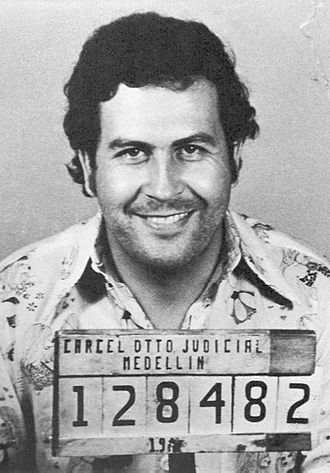
The Tragic Death Of Andrés Escobar
The year was 1994, A sweltering afternoon in Pasadena, California. The Rose Bowl stadium was filled to the brim for the beloved World Cup. In the 34th minute, John Harkes swung in a cross for the USA, only for an unfortunate Andrés Escobar to unavoidably turn it into his own net whilst trying to defend the pass for his team. He was known as "The Gentleman" for his de-escalating playstyle and his coolheaded nature under pressure. Colombia would go on to lose the game 2-1 and would subsequently be knocked out of the competition having been one of the favourites to win the cup.
In the early hours of the morning on the 2nd of July 1994 Escobar had returned to his car after a night of partying in homeland Colombia. At 3:00 AM he was sitting in his car, presumably preparing to go home, when three men approached his vehicle in the parking lot. Two of the three men were carrying firearms and reportedly began to argue with Escobar, only the car door separating the player from imminent danger. Out of seemingly nothing, Escobar was then shot six times in brutal fashion at point blank range before the men fled the scene. A witness recalled one of the men shout "thanks for the goal." Andrés was then taken to hospital where he would bleed out 45minutes after the attack - he stood no chance.
Killed for making a simple mistake, fighting for his countries honour in one of the most prestigious sporting tournaments in history, the murder reflects the corruption amongst the footballing world and sadly Andrés Escobar had to bear the consequences of a ravaged footballing scene plagued by violence, corruption and dishonesty. Only 27 years old, killed in the most tragic of circumstances, more than 120,000 people attended his funeral in Medellin.
After the government crack down on prevalent Colombian cartels in the mid to late 90's, possibly hastened due Andrés Escobar's brutal murder, Narco investment in football was rendered almost non-existent and with its absence saw the decline of quality in Colombian football soon follow. Colombia went from being 3rd ranked in the world to 34th in only a couple of years. Narco football pioneered by Pablo Escobar was thankfully gone, but it had left it's ugly stain on the game forevermore.
